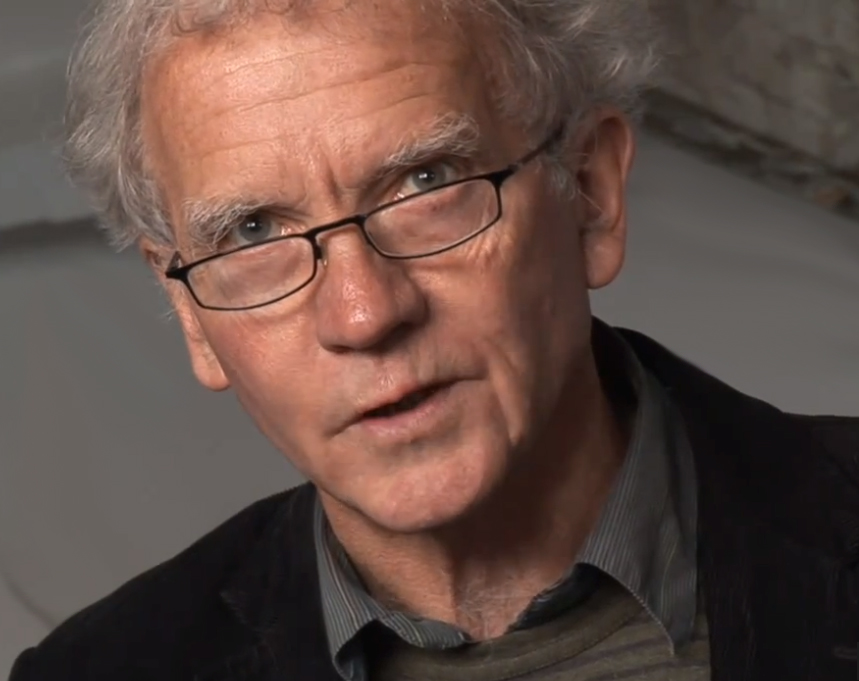My debut novel, The Witchfinder’s Sister, is set in Essex. Which, it’s fair to say, is not The North.
The month the book came out I had four separate events promoting the book in Essex; four events with four (fantastic) local audiences. But also four separate 400-mile drives. I now know the service stations of the A1(M) extremely well.
I loved doing these events and hope to do more in the future. Each audience was kind, engaged, keen to ask questions and, in return, share their own nuggets of information about the history on which the book is based: witch trials carried out by a man called Matthew Hopkins. The trials started in northern Essex during the 1640s and killed more than 100 women. At my Essex events, I had the treat of speaking about the book and the history behind it to friendly and interested local crowds.
But a very particular thing happened at each event – sometimes beforehand, sometimes during the audience Q&A, sometimes in the signing queue afterwards, but always after I had opened my mouth to speak, and outed myself as Not from Around There. Always, after talking for a while using my flat vowels, I would get the same question.
It ranged from ‘Why did you want to write about this bit of history?’ And, ‘How come you got interested in Matthew Hopkins?’ Or, ‘Do you have a personal connection to these events?’ Once, a slightly blunter, ‘You’re not from Essex. Why have you written this book?’
 In many ways, it’s a fair enough thing to ask. The questions never felt hostile. But I couldn’t help feeling somehow caught out each time. Perhaps it didn’t help that, maybe not surprisingly, I don’t feel quite at home in Essex. It does seem to belong to another country than the dour Pennine mill towns in which I grew up. It is sunny in Essex a lot of the time. People talk differently. There really aren’t any hills. None.
In many ways, it’s a fair enough thing to ask. The questions never felt hostile. But I couldn’t help feeling somehow caught out each time. Perhaps it didn’t help that, maybe not surprisingly, I don’t feel quite at home in Essex. It does seem to belong to another country than the dour Pennine mill towns in which I grew up. It is sunny in Essex a lot of the time. People talk differently. There really aren’t any hills. None.
What I tried to do, when asked what I started to think of as The Question, was to talk about what first gripped me about the Essex witch trials. Those problems, those unknowns that stayed with me all through my research and writing.
The trials were sparked off by local accusations – one neighbour accusing another – and quickly escalated to the point where there came to be cases of mothers accusing daughters, daughters accusing mothers. That was the first thing that gripped me, held me. What would it take for things to get to that point?
Once accused of witchcraft a woman would be kept awake in order to try and get her to confess to having made a pact with the devil. As well as being interrogated, women would be physically searched. The pact was supposed to be sealed by the devil sending a familiar spirit to suck blood from a woman. This feeding would leave witch-marks, which were supposed to be completely numb – feeling, Hopkins said, ‘neither a pin nor a needle thrust through them’.
Witchfinder General, the 1968 horror movie about Matthew Hopkins, has him performing these physical examinations himself. But that wasn’t what really happened. The searching and needling was in fact done by midwives in his employ, and that gripped me too: what would it be like to be a woman caught up in such an enterprise?
Witch trials have always interested me. In another universe I might have written about the Pendle trials, if Jeanette Winterson hadn’t done it so tremendously with The Daylight Gate. But it was the Matthew Hopkins trials that by chance I came across, was gripped by. That, and their setting.
My first visit to Essex was for a research trip. Arriving in the Tendring Hundred, immediately the landscape haunted and intrigued me. The huge skies, the marshy edges of the estuaries, how black the water is in winter. It was so different to where I’m from, and in the difference, I found freedom. That’s the real answer, I think, to The Question.
Part of why I write historical fiction is the opportunity it gives, not for escape exactly, but for a sideways method of looking. The chance to find a corner of something that’s nothing to do with me and work my way into it until I can look entirely through eyes that are not my own. The past gives me that, and so did writing about Essex. Doing both became for me a sort of double freedom.
I’m not saying I’ll never write a book set in the North, but I think it would present me with different obstacles. Every hill and every wall where I grew up, the name of every town within 30 miles of Manchester is overlaid with some element of my own history. Frankly, it gets in the way.
Another novelist said once, ‘the past is a foreign country’ – an unfamiliar place. And maybe that’s what I need, to have any chance of doing things differently.
The Witchfinder’s Sister is published by Penguin and available to buy now











